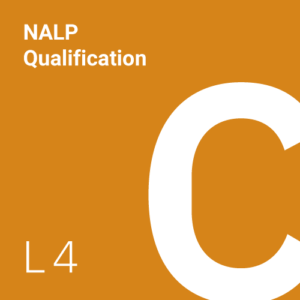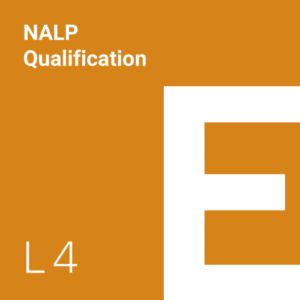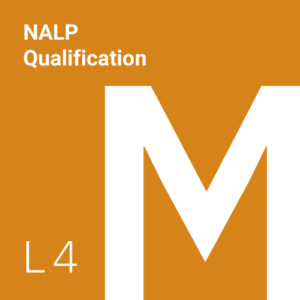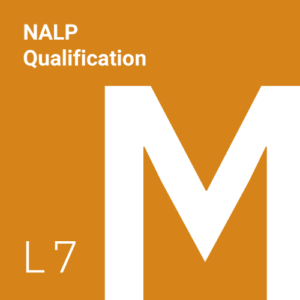- CPD Courses
- NALP Paralegal Qualifications
- Level 3 qualifications
- L3 Certificate for Paralegal Technicians
- L3 Introduction to Law for Paralegals
- L3 Legal Ethics and Responsibilities for Paralegals
- L3 Wills and Succession for Paralegals
- L3 Civil Litigation for Paralegals
- L3 Criminal Litigation for Paralegals
- L3 Commercial Law for Paralegals
- L3 Conveyancing for Paralegals
- L3 Employment Practice for Paralegals
- L3 Consumer Rights and Remedies for Paralegals
- Level 4 qualifications
- NEW Level 4 Certificate for Associate Paralegals
- L4 English Legal System – Single Unit
- L4 Contract Law – Single Unit
- L4 Law of Tort – Single Unit
- L4 Criminal Law – Single Subject
- L4 Wills, Intestacy & Family Provision – Single Unit
- L4 Civil Litigation – Single Unit
- L4 Criminal Practice – Single Unit
- L4 Matrimonial & Civil Partnerships – Single Unit
- L4 Conveyancing – Single Unit
- L4 Succession – Single Unit
- Level 5 Diploma for Senior Associate Paralegals
- Level 7 qualifications
- How to choose
- Comments from our Learners
- FAQ
- Recognition of prior learning
- FAQ
- About
- News
- Contact
L4 Criminal Law – Single Subject
Criminal Law – Single Subject
- The Nature of Criminal Law: including the nature of a crime distinction between crimes and for burden of proof
- Classification of Offences: including summary, indictable, hybrid and arrestable offences
- Elements of a Crime: including Actus Reus, Mens Rea and Strict Liability; basic intent and specific intent, express intent and implied intent
- General Defences including Automatism, mistake, insanity, duress and intoxication
- Homicide: including causation in law and causation in fact
- Murder: including its definition, malice aforethought express and implied
- Manslaughter: including voluntary manslaughter and involuntary manslaughter, recklessness, special defences to murder – diminished responsibility, provocation, suicide pact and infanticide
- Theft Robbery, Burglary, and Fraud.
Learning Outcomes
- Understand those rules of law which provide for the punishment of those who breach such laws
- Be aware of which laws fall within this category
- Understand how such breaches are punished
What's included
- All course material
- Assignment and test marking
- Full tutorial support
- Certificate on completion
Entry requirements
One of the following is required or equivalent – if unsure, please contact us or phone 0203 745 5513
NALP Level 3 Certificate or Diploma in Paralegal Practice; two A’ Levels; an A’ Level Law; BTEC National Diploma (NVQ/GNVQ Level 3 or above);
CILEX Level 3 Qualifications; ILSPAs Legal Secretary Diploma
Mature Students Welcome (over 25) without any of the above – please contact us to confirm eligibility.
Non UK: Equivalent Qualifications – please contact us to confirm eligibility
Please Note: The NALP Level 4 Diploma in Paralegal Studies is only available in English.
If your first language is not English then you must be able to provide evidence that your spoken and written command of the English Language is adequate for the qualification for which you have applied. e.g. IELTS Level 6, GCSE English.
Assessment
Assignments can be requested when the learner is ready, and once requested and sent, the Learner will have a 4 week period in which to complete the assignment and return by the due date.
Assignments are marked and graded either with a pass (45 – 64%), merit (65 – 79%) and distinction (80-100%).
Tutors are on hand to answer any queries that the learner may have and give unlimited help and guidance if there is anything that the learner may not fully understand with regard to the material.
Compulsory units
Description
The Nature of Criminal Law: including the nature of a crime distinction between crimes and for burden of proof
Classification of Offences: including summary, indictable, hybrid and arrestable offences
Elements of a Crime: including Actus Reus, Mens Rea and Strict Liability; basic intent and specific intent, express intent and implied intent
General Defences including Automatism, mistake, insanity, duress and intoxication
Homicide: including causation in law and causation in fact
Murder: including its definition, malice aforethought express and implied
Manslaughter: including voluntary manslaughter and involuntary manslaughter, recklessness, special defences to murder – diminished responsibility, provocation, suicide pact and infanticide
Theft Robbery, Burglary, and Fraud.
Learning Outcomes
Understand those rules of law which provide for the punishment of those who breach such laws
Be aware of which laws fall within this category
Understand how such breaches are punished
Qualification
This is a single unit course, no qualification
Compulsory units
- Criminal Law
Study type
Distance learning



